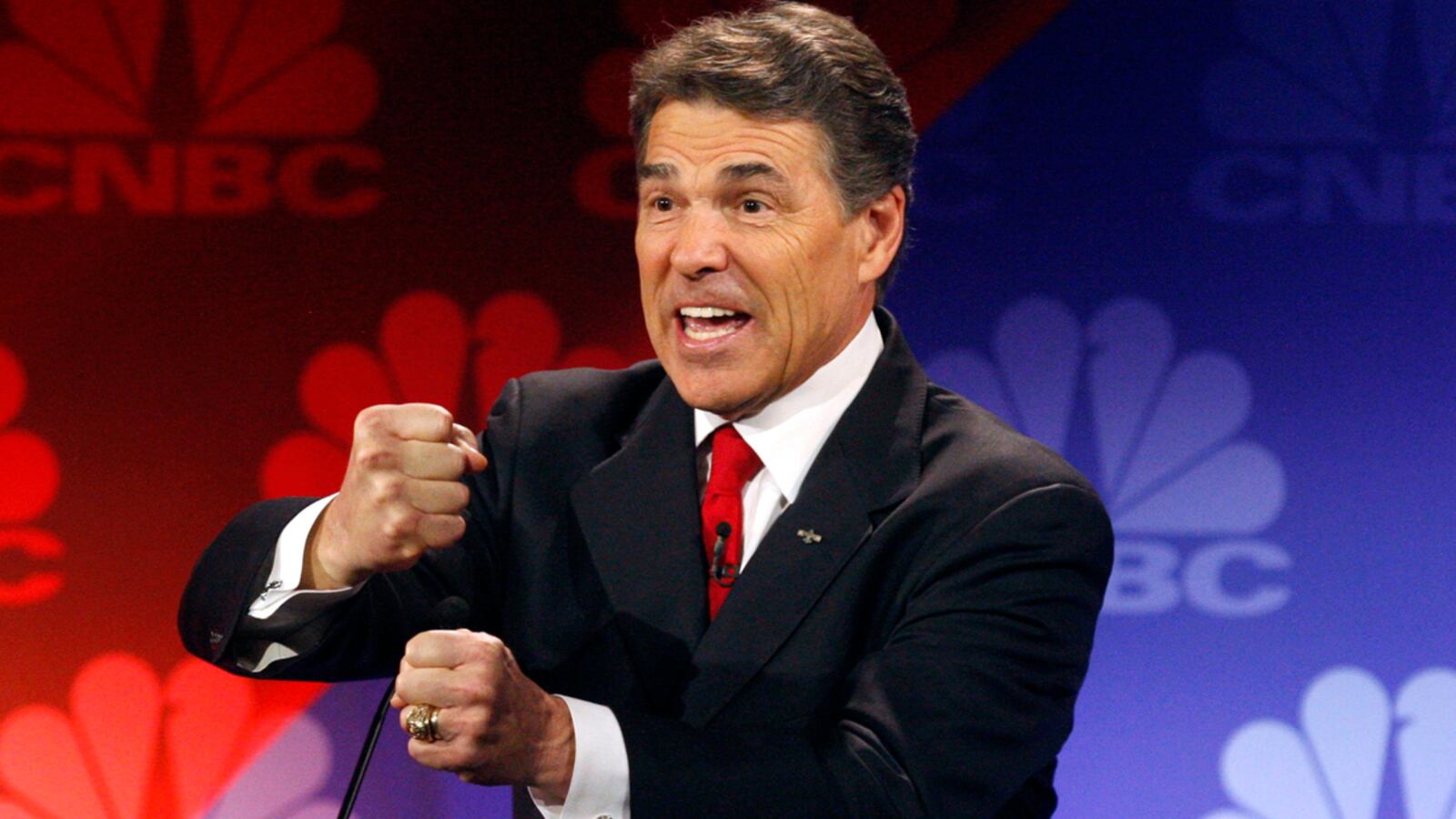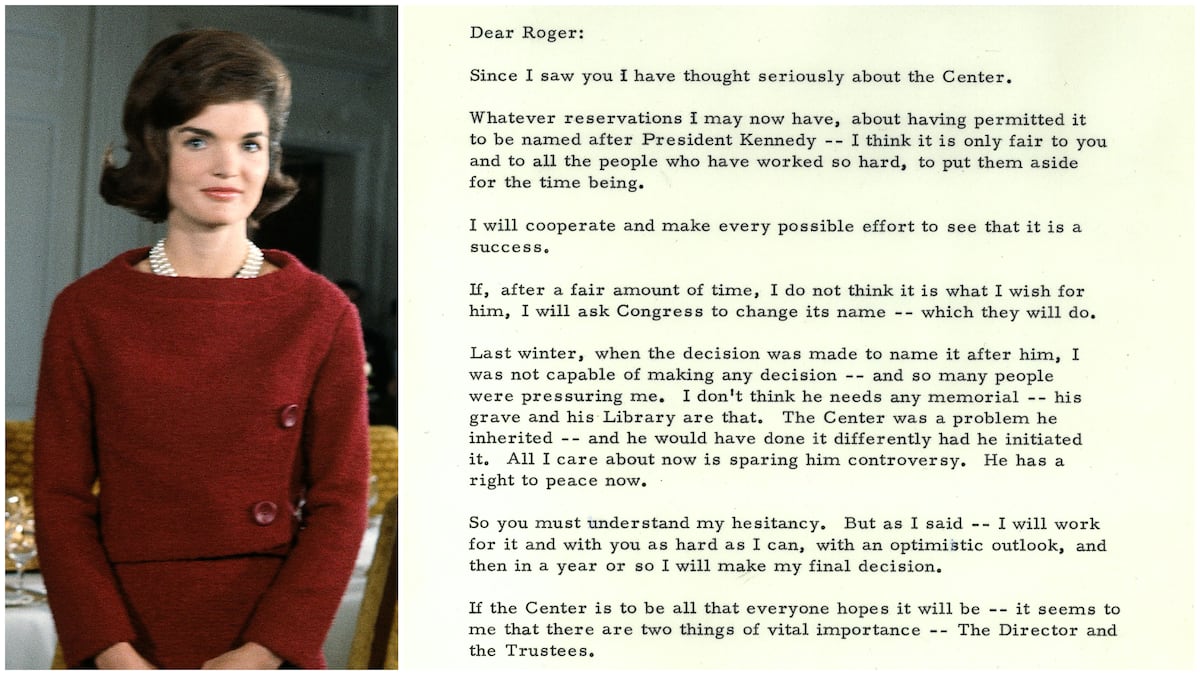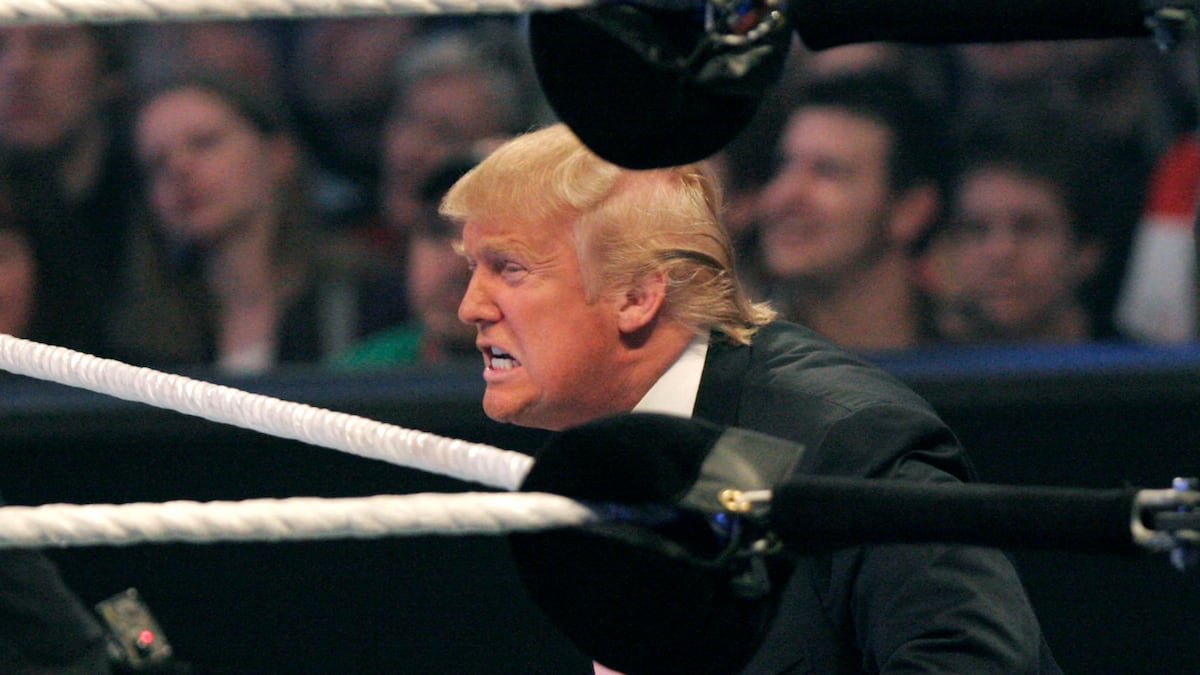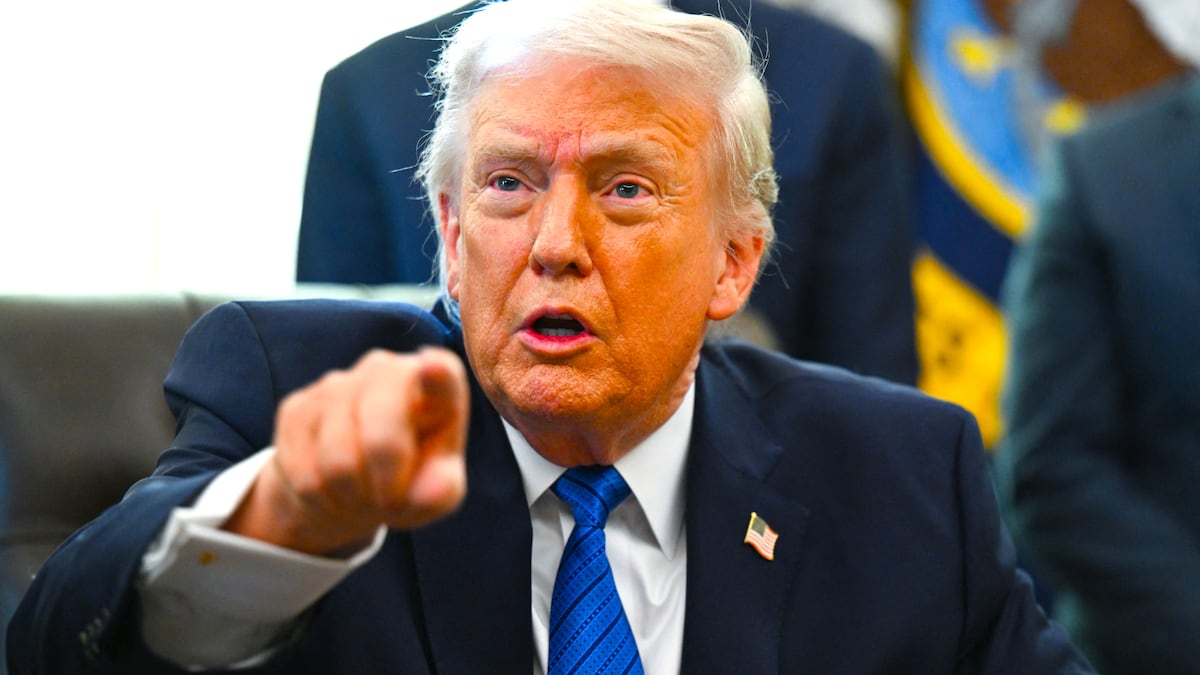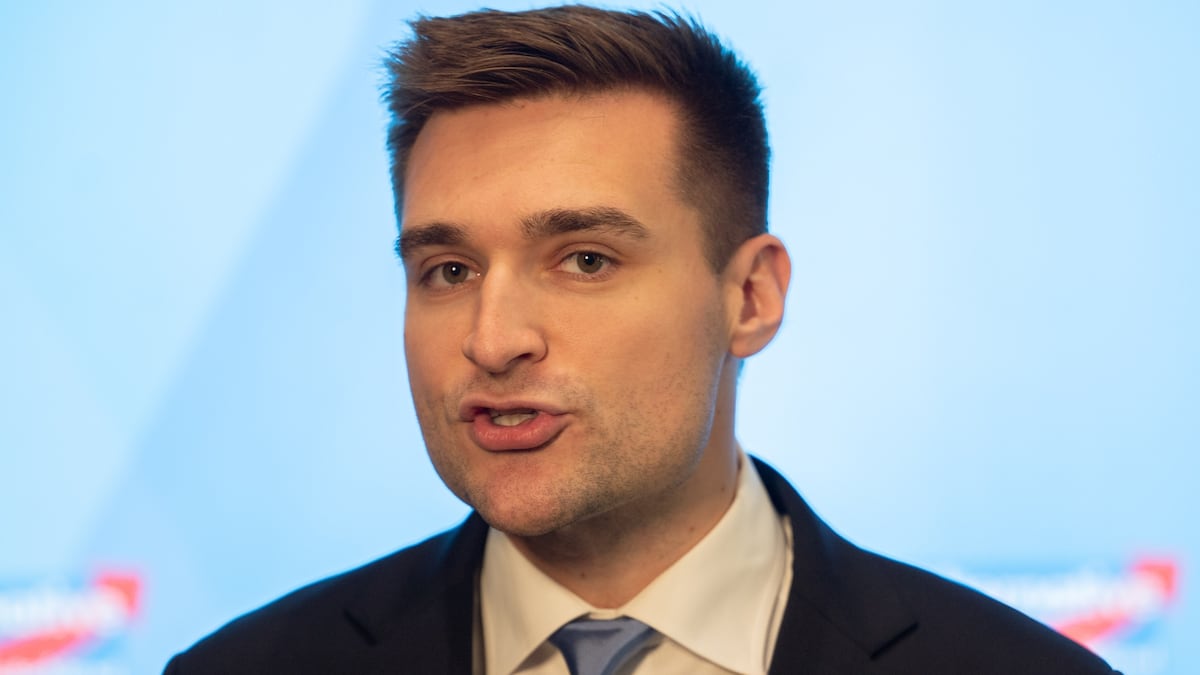Not everyone who watched Rick Perry’s cringe-inducing, pundit-delighting, Twitter-exploding meltdown at Wednesday night’s CNBC debate saw the same thing. Antagonists saw proof of disqualifying stupidity (“He’s another Dubya!”). Supporters saw an embarrassing but forgivable moment of weakness (“It happen to the best of us!”).
Sports psychologists, meanwhile, saw a textbook case of a choke artist.
From Bill Buckner’s 1986 World Series error to Greg Norman inexplicably blowing a huge lead in the Masters Tournament 10 years later, there’s a long history of competitors crumbling under pressure when the game is on the line. And experts tell The Daily Beast that Perry’s debate brain freeze—during which he spent 50 excruciating seconds desperately failing to recall the three federal departments he planned to eliminate–has all the psychological markings of classic performance anxiety.
Now, with Saturday night’s CBS News-National Journal debate fast approaching, political commentators and YouTube enthusiasts alike are eager to know: will Perry choke again?
It doesn’t look good for the Lone Star candidate, says psychoanalyst Dr. Justin A. Frank, author of the book Bush on the Couch, which explores President George W. Bush’s psyche.
“The more you have flubbed, the more the anxiety builds up,” says Frank, explaining the mental phenomenon Perry is experiencing. “Each time you make a mistake, it gets worse. Fear builds up over time. [Perry] is not quite ready to run screaming out of the room yet, but clearly he doesn’t like being there ... and it impacts his ability to perform.”
For serial debate watchers, it’s easy to see why Perry’s anxiety levels might peak when he walks onto a national debate stage. The punditocracy has pulled no punches in its assessment of his performances, calling out his lethargic delivery, controversial gaffes, debunkable falsehoods, and jumbled wording. Following one debate, Fox News panelist Brit Hume cruelly exercised his mastery of the sound bite to opine, “He really did throw up all over himself.”
All this talk may be getting to Perry.
“Now he’s under this stereotype that he’s going to perform poorly,” says Sian Beilock, author of the 2007 book Choke. “And we know that when there’s an expectation for failure, it can be a self-fulfilling prophecy.”Beilock likens Perry’s losing psychological battle with Beltway conventional wisdom to the way gender myths tend to prove themselves true when popularized. Studies show, for example, that when girls are reminded of the stereotype that females are bad at math, they tend to perform much worse on tests in that subject.“Performance anxiety occurs because of a combination of factors,” says Dr. Casey Cooper, a sports psychologist in Orange County, Calif. “The first is the knowledge that they’re being judged or scored or graded. The second is that they believe themselves to be inadequately prepared to be graded well.”But in the case of the CNBC debate, it wasn’t just anxiety that led to Perry’s “oops” moment, says Dr. Nicole Detling Miller, a visiting professor of sports psychology at University of Utah. When an athlete chokes during a big game, there’s usually a single moment of distraction that flips a mental switch, reducing even the most talented All Star to the skill level of a Little League benchwarmer. After analyzing the now-viral debate clip, Miller says that switch was apparently flipped for Perry the moment he looked at Ron Paul, who was standing next to him on stage.“His focus was disrupted and some emotion was conjured up, and that emotion took the place of whatever he was trying to process in his brain,” Miller said. “Maybe it was a look on Ron Paul’s face, or maybe it was just the sight of Ron Paul in general. I don’t know.”Whatever the root of Perry’s visceral response to Paul—heaven knows the latter has been less than kind to the former—once emotion took over, it was downhill from there. Perry could have recovered from his momentary break in focus but instead, says Miller, he probably became consumed by counterproductive “self-talk”: I need to give the right answer here, I need to look cool, calm, and composed, and I need to make a joke at the end.The problem with this type of obsessive self-instruction is that it inevitably gets in the way of well-honed reflexes. The quarterback who spends his seconds in the pocket reminding himself how to throw a spiral is never going to find an open receiver, no matter how many touchdowns he’s thrown in the past. In Perry’s case, he had clearly mastered his talking points: he wrote a whole book (Fed Up!) on the subject of reining in federal regulation. But he choked when he allowed anxiety to cloud instinct by focusing on the mechanics of his response.There is some good news for Perry in all this. For one thing, says Frank, gaps in word retrieval like the one the candidate experienced on Wednesday have nothing to do with intelligence. “It’s really a false positive for dumbness,” says Frank.What’s more, he doesn’t have to continue this downward spiral: performance anxiety can be treated–though experts differ on just what prescription will do the trick for Rick.Beilock suggests Perry get a feelings journal that he can use to work through his pre-debate emotions. “He might not seem like the journaling type, but there’s something to be said for putting those thoughts down on paper,” she says. “They’re less likely to pop into your head in the moment.”Cooper thinks Perry needs to change up the environment for his debate prep. When athletes choke, it often starts because they’re distracted by the game-time conditions: the marching band in the stands, the chillier evening climate, even the color of the jerseys. “When you change the conditions, the heart rate changes, what’s running through your blood stream changes, everything about your body changes,” says Cooper. To prepare for this, Perry should surround himself with unfamiliar faces during prep sessions, or give his staff free reign to pester him with gotcha questions.As for Miller, she thinks the candidate needs to work on more positive “self-talk,” practice pre-debate breathing exercises, and if he’s going use lists in his debate responses, he should make sure they’re written down. “One thing athletes don’t get are notecards,” says Miller. “So if you get them, use them. Bold, capital letters!”

